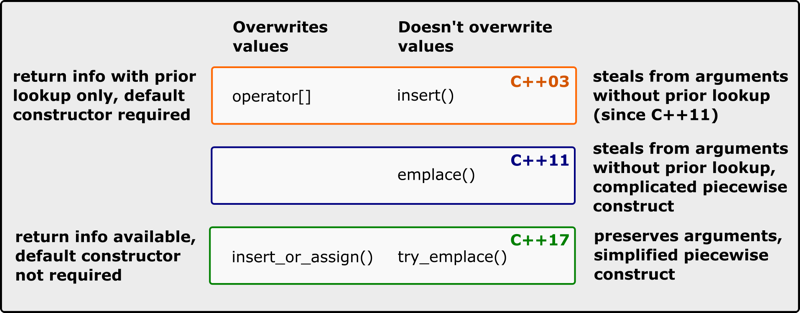C++ Weekly Episode 149: C++20's Lambda Usability Changes—Jason Turner
Episode 149 of C++ Weekly.
C++20's Lambda Usability Changes
by Jason Turner
About the show:
C++20 brings many different changes to lambdas, and two of these changes greatly affect the ways in which lambdas can be used. In this episode Jason discusses the use of lambdas in unevaluated contexts and the default constructability of lambdas in C++20.

 Nothing is perfect.
Nothing is perfect.